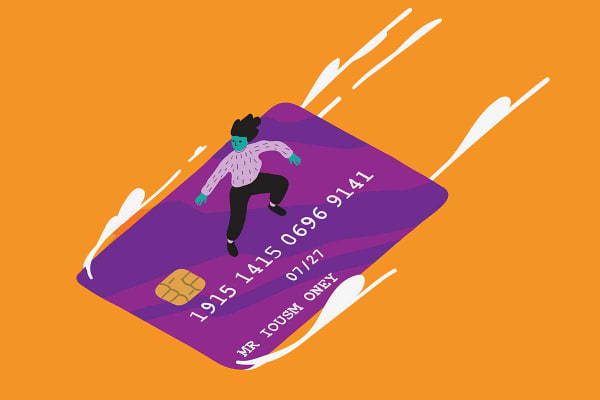Understand your employment rights

In the UK, different employment laws apply depending on the type of contract you have. Whether you’re working in a full-time job, doing casual work or an internship, it’s important that you understand your employment rights.
Employees
There are laws in place to ensure that employees in the UK are treated fairly. It’s important that you know your employment rights and understand what you can expect from your employer:
Pay
If you are employed by a company in the UK, the government specifies the minimum amount that you should be paid. Current minimum rates of pay are published on the government’s website: gov.uk
Benefits
Full-time employees are legally entitled to a minimum of 28 days of paid holiday per year (reduced if you work part-time). Your employer can include bank holidays within this allowance.
If you’ve been employed for long enough, you should also be entitled to sick pay, maternity pay, redundancy pay and other allowances. Visit the government website gov.uk for up-to-date information.
Casual Work
If you are a casual worker, you only have to work when you want to. The business doesn’t have to offer you work and you don’t have to accept it. When you do work for them, the business will deduct your tax and National Insurance contributions for you.
ArtsTemps are classed as casual workers.
Self Employed
If you’re self-employed you don’t have the employment rights as employed workers because you are your own boss. If you start your own business make sure that you factor in paid time off work to cover your holidays and sick days.
Internships
If you are doing an internship in the UK you should be paid the National Minimum Wage or higher unless:
- You’re volunteering for a charity or statutory body;
- You’re doing an internship for less than 1 year as part of your course;
- You’re shadowing somebody else.
Further information on internships can be found on the government’s website: gov.uk
International Students
If you’re in the UK on a Tier 4 student visa, there are restrictions on the number of hours you can work. You are also not allowed to be ‘self-employed’ on a Tier 4 visa, which means that you cannot start a business or take on freelance work.
You should make sure that you understand what your visa allows and do not break the rules, as this could lead to your visa being revoked. If you’re on a Tier 4 visa you can find your working restrictions on your BRP card.
UAL’s Student Advice Service can provide more guidance on immigration and visas.
Get help with your career
-

Image by Gracie Dahl
Find jobs
UAL can help you to find paid employment during or after your studies through Arts Temps and Creative Opportunities.
-

Illustration by Gracie Dahl
Explore our career resources
Our range of online tools and learning guides are designed to help you with your portfolio, interview skills and more.
-

Money by Gabriele Lorusso
Careers advice for students
Explore the full range of ways we can support you with your career, from making money while you study to preparing for the world of work.
-

Collaboration by Gracie Dahl
Careers advice for graduates
Our advisors and resources can support you with identifying your career path, applications and preparing for interviews.
What's on
-
Student Career One-to-Ones
Join us to explore how we can support you to make a living doing what you love.
-
International Futures: Working Abroad
This session is for Home and International students and graduates, who are looking to expand their knowledge of global working practices.
-
Creative Business Accelerator – How to apply
Join this online session to find out about the Creative Business Accelerator programme, eligibility to apply and the application process.
-
DIY wall year planner drop in workshop
Join us for this in-person, drop in workshop to create your own year planner
-



